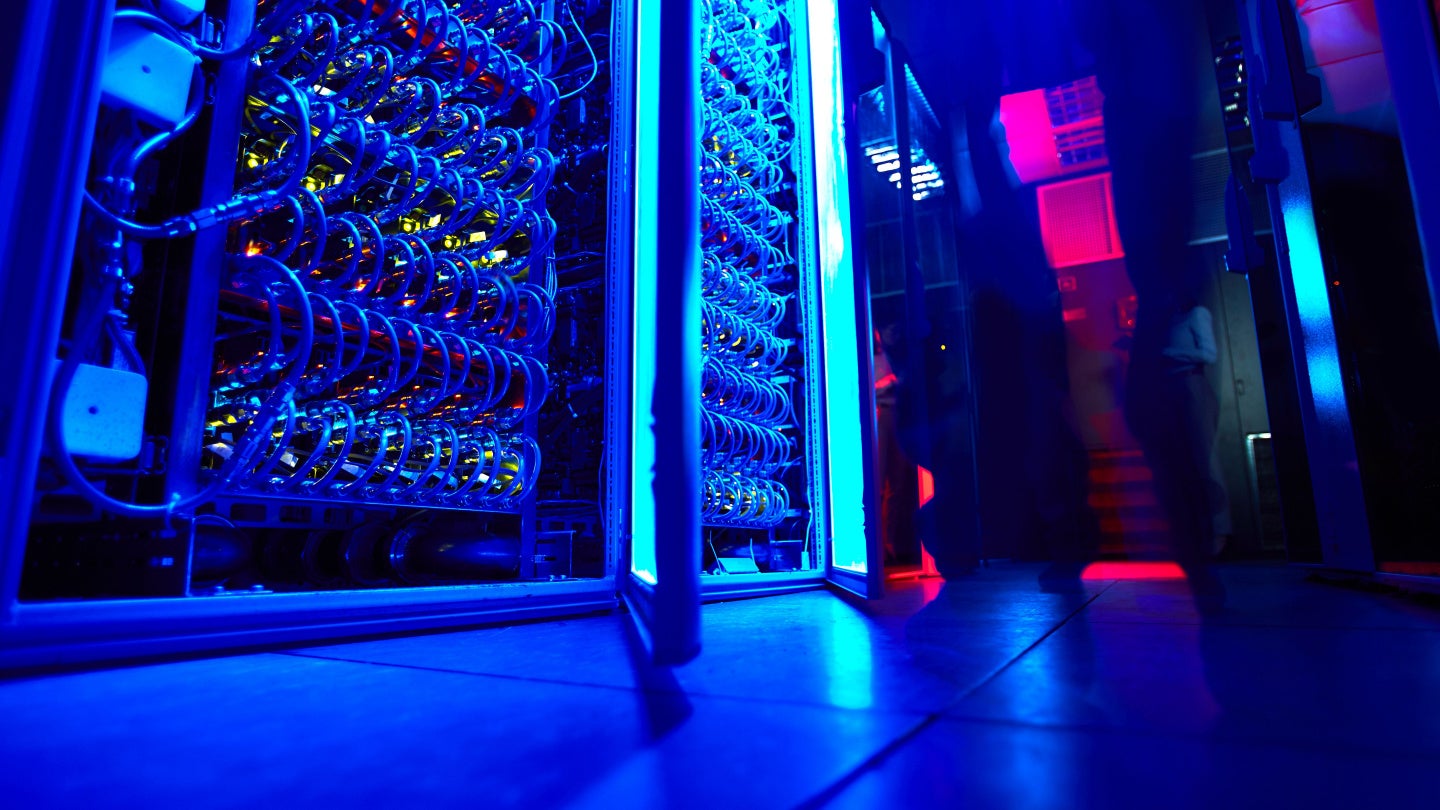
The University of Stuttgart has unveiled two new supercomputers alongside information technology company Hewlett Packard Enterprise (HPE).
The two supercomputers, funded by the Gauss Center for Supercomputing (GCS), will be hosted at the Stuttgart High Performance Computing Centre and cost a total of €115m ($126.09m).
The GCS provided funding for the project as part of a wider mission to further develop its three supercomputing centres.
A first interim computer, named Hunter, will be put into operation in 2025, followed by an exascale system named Herder in 2027.
Both Hunter and Herder will help the university’s research into artificial intelligence (AI) and data analysis as well as provide simulation infrastructure.
Hunter will replace the university’s current flagship supercomputer, Hawk, which debuted in 2020.
How well do you really know your competitors?
Access the most comprehensive Company Profiles on the market, powered by GlobalData. Save hours of research. Gain competitive edge.

Thank you!
Your download email will arrive shortly
Not ready to buy yet? Download a free sample
We are confident about the unique quality of our Company Profiles. However, we want you to make the most beneficial decision for your business, so we offer a free sample that you can download by submitting the below form
By GlobalDataWhilst Hawk’s current peak performance tops out at 26 petaflops, Hunter has an increased performance of 39 petaflops.
The university clarified that Hunter’s new system will be focused on energy-efficient GPU (graphics processing unit) accelerators, rather than CPU (central processing unit) processors like Hawk.
According to the university, the Herder exascale supercomputer will be able to achieve speeds in the order of a quintillion (1018) floating point operations per second.
Hunter and Herder will be used to support research in engineering and computer science. Some examples of research areas include electric vehicles, energy efficiency and material research for greener electronics.
Hunter and Herder’s data analysis abilities will not only help fight climate change but could be used to respond to crisis situations, according to the university.
“Energy efficiency while optimally supporting cutting-edge science is a central issue for us at the University of Stuttgart,” stated Anna Steiger, chancellor of the University of Stuttgart.
“With Hunter and Herder, we are consistently responding to the challenges of CO₂ savings and can enable both higher computing power and excellent energy performance,” she added.






